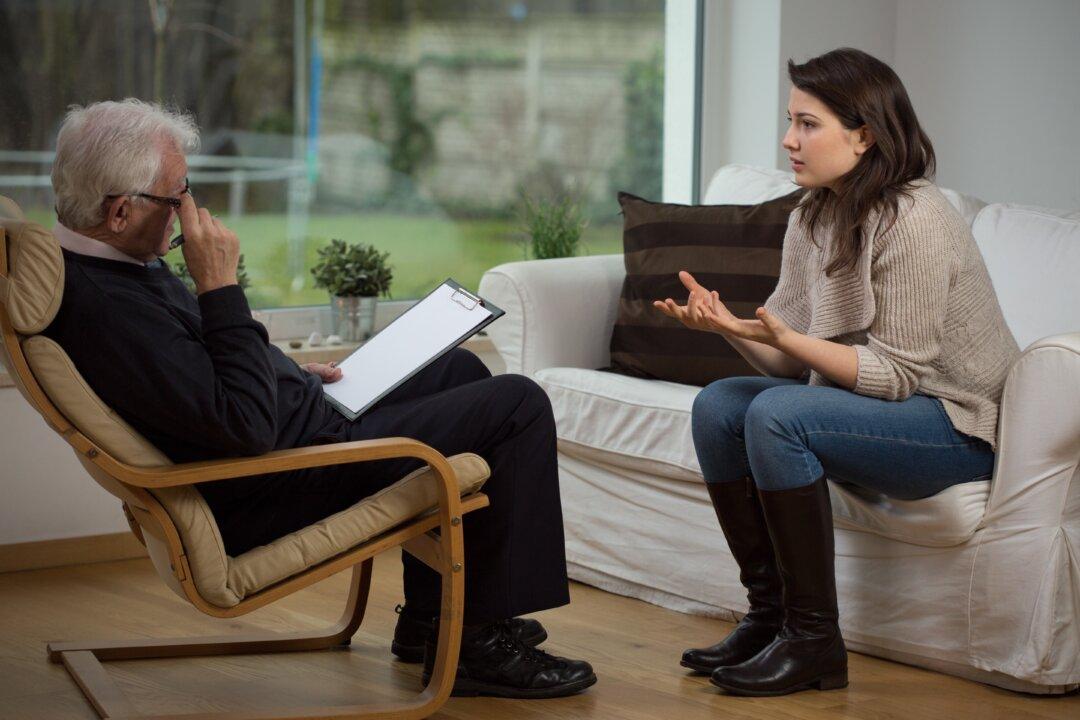Some people hold part of themselves back from the people they are closest to. They may tell themselves that they are better off not asking for what they truly want from others. Indeed, it does feel scary and vulnerable to share things that others could reject or ridicule. But this hiding takes a toll. Being honest with themselves and with others provides them an opportunity to show their true, authentic self and have deeper relationships.
What Is Stopping You?
Fear can stop you from speaking your truth. Take an honest look at yourself and ask yourself: “Why have I kept part of myself hidden from those I love?” Is it because you are afraid of their reaction? When I ask people this question, usually I hear some variation of “I don’t want them to be disappointed in me,” or “I don’t want them to be angry with me.”Usually, fear of rejection, confrontation, or disappointing other people is the wall that stops us from being our real selves. My response is: Are you content to hide your real self forever? Are you going to allow your fear to dictate your life and diminish your relationships? Are you willing to go to the grave, or have one of your loved ones go to the grave without giving yourself a chance to be authentic?






